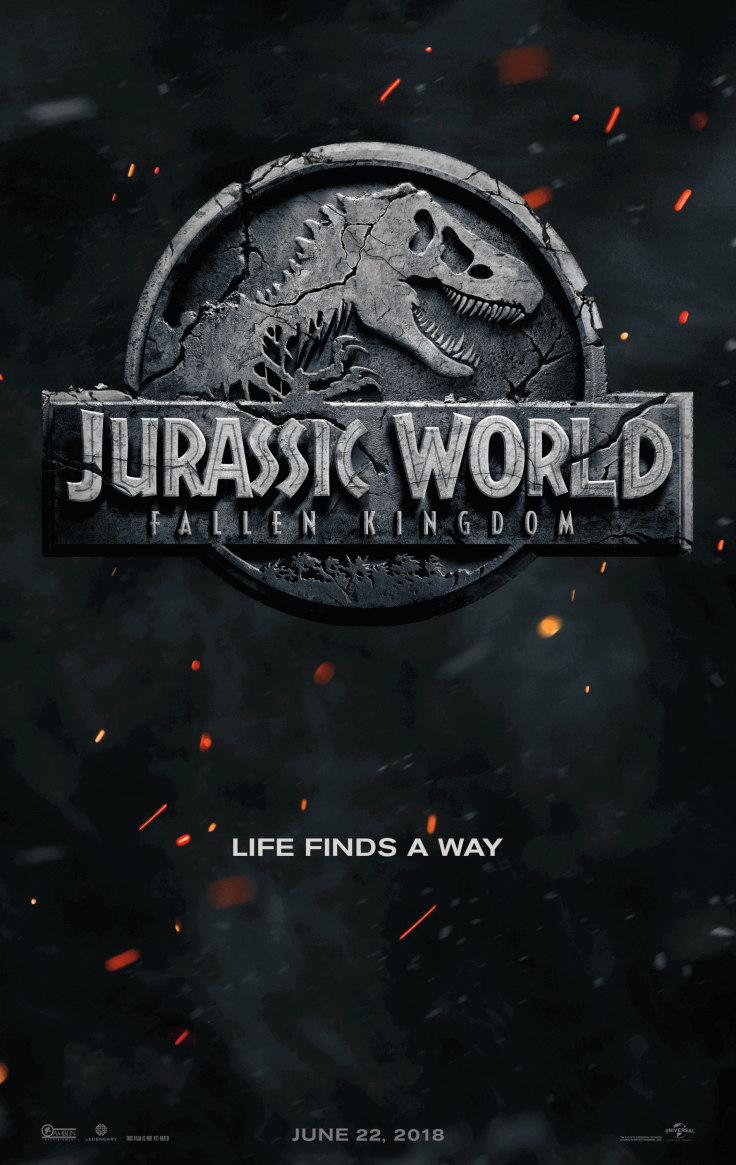How 'Jurassic World: Fallen Kingdom,' Its Dinosaurs, Volcanoes Stand Up To Science

The first trailer of the film "Jurassic World: Fallen Kingdom" has been released and it features rather cute dinosaurs apart from the garden variety ferocious ones that we have come to expect from the franchise.
As for the premise, we know that Chris Pratt would reprise his role as the Jurassic Park’s resident dinosaur trainer (in case you are unfamiliar with the whole franchise, you read that right) and the reason for his return is to save the ferocious dinosaurs — and also the cute and cuddly ones — from the volcanic eruption that spontaneously happens on the island where these animals are housed.
There’s no doubt that the trailer looks visually exciting — particularly because of the animatronics involved, which becomes a salve to the eyes wearied by watching too much computer graphics. But how probable (or not) is the science that’s involved in the Jurassic franchise, particularly the Jurassic World (JW) phase that began with the eponymous 2015 film?
Let’s begin with the dinosaurs themselves. The dinosaurs featured in the films are more colorful (and some might say more feathery) compared to the ones in the earlier films. In the first JW film, you might have noticed how different the baby dinosaurs in the petting zoo looked when compared with the adult variants. That’s because babies usually go through drastic structural changes in their skeleton before they hit adulthood, meaning they would look really different as adults. For instance, a triceraptor’s horns are pointed backward in childhood but forward when they are adults.

The velociraptors in JW and the earlier films are shown to hunt in packs, communicating with each other using strange noises. They also seem to follow the lead of an “alpha” in the group. This latter behavior is similar to what’s seen in certain birds. Birds are descendants of dinosaurs, so it’s plausible that dinosaurs would have displayed analogous behavior. As for the aspect of pack hunting, it is derived from fossil evidence found in Montana that showed remains of raptors surrounding their very last meal. But, that’s more theorizing than anything else.
One thing we see often in the JW films is humans outrunning dinosaurs — especially velociraptors. The scientific view is that some of the dinosaurs could have attained speeds of 20 to 30 miles per hour. However, it’s also theorized that most of the carnivorous Jurassic beasts would have been slower than that. So, does that make it plausible for Pratt and Co. to keep saving their backsides with the aid of their legs repeatedly? It’s open for debate.
Then, there are those gentle dinosaurs, as the herbivorous ones are portrayed in all the films, starting with the first entry that came out in 1994. But the thing is, just because they don’t consume flesh doesn’t necessarily mean they would be friendly with you. For a contemporary reference, you could look at the hippopotamus, which is among the most dangerous animals in the African continent. Other herbivores like rhinoceroses and elephants too can be dangerous if they feel threatened. Going by such behavior, there’s no reason to think why the Jurassic herbivores would have been as docile as the movies seem to suggest. And it’s not just with humans that the herbivores could have been furious; if any carnivorous dinosaur picked a fight with them, it would have resulted in a fight in the truest sense of the word.
The latest trailer seems to suggest a spontaneous volcanic eruption as part of the plot point. Scientists discovered that supervolcanoes could indeed erupt spontaneously. There’s no need for an external trigger for this to happen (a supervolcano is a volcano with a magnitute 8 eruption — that's the largest magnitude on the Volcanic Explosivity Index). The exact nature of the valcono that the newest JW film portrays remains unclear at this point. But it’s more plausible than not that this particular plot point is one more thing the movie franchise got right.
© Copyright IBTimes 2025. All rights reserved.





















